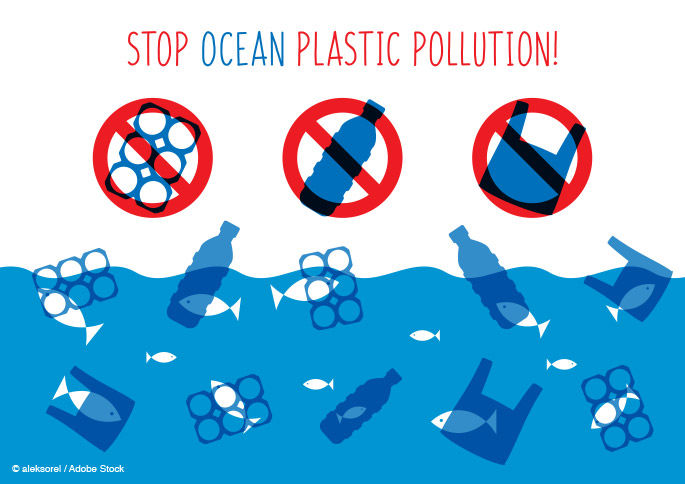
Recently plastic pollution has become an overwhelming problem for everyone. There are about 8.3 billion tons of plastic worldwide; enough to go to Saturn and back. We have more than enough plastic to satisfy all of our needs and some, but every year about 300 million more tons of plastic is produced. Imagine the life of a water bottle; there are two different paths it could take. It might be thrown away and spend the next five hundred breaking down into smaller and smaller pieces. Or it could be recycled and come back as a lunch bag, a computer, or a recycling bin. Recycling gives any piece of plastic the ability to have an immortal life. People around the world want to reinvent society where reusing, and recycling can be seen directly benefiting the lives of others, and no piece of plastic goes to waste.
The Plastic Bank
Two people that are using recycling to improve the world on both a global and local level are David Katz and Shaun Frankson. They are the founders of a new type of bank, the plastic bank. The plastic bank is a new type of idea that provides poor communities with an effective way of producing money while reducing the plastic pollution in the ocean. In many underdeveloped communities, much of the trash is pushed into the waterways because there is no method of collecting and getting rid of trash. The trash in the rivers is then swept downstream and carried out to sea. On average, about 8 million tons of plastic makes its way into the ocean every year. To reduce the pollution, the plastic bank hires people to collect plastic. In return for the collected and sorted plastics, the workers are given their choice of wi-fi, cooking fuel, cash, or other necessities. From there, the collected plastic is taken to a recycling center where it will either be crushed into small pellets and sold to manufacturers, or used as ink for 3D printing. The money earned from selling the plastic is then used to pay the workers. This has become a successful business in both breaking the cycle of poverty and reducing the plastic pollution in poorer communities.
Bag Ladies
The United States has its own compassionate reusers. Nicknamed the bag ladies, a group of women in Tennessee come together to make sleeping mats that are lightweight and water-resistant for the homeless. These handcrafted mats are not made out of regular cloth; they are made out of reused plastic bags. The bag ladies collect used plastic bags from around the city and make plarn(plastic yarn). To make plarn, they cut the bag into strips of plastic, then tie the strips together to create a string of plastic. From there they can crochet anything they can dream of, but for the most part, it is sleeping mats for the homeless. They need about 600 bags to create a sleeping mat six feet by three feet, and at this point, hundreds of mats have been created and distributed. Who knew that such a simple thing as a plastic bag could make such a big difference.
Engineers Without Borders
Down in Ecuador, plastic bottles are being crushed and converted into roofs. Much of the population of Ecuador either have roofing made out of tin or grass. While the roofs offer protection from the elements, grass roofings attracts swarms of insects, and the tin roofing makes the house feel like a hot oven. In the entire world, almost 7.86 trillion plastic water bottles are used in a year, and only 27% get recycled. In an effort to improve the living conditions of the people in Ecuador and increase the number of water bottles recycled, Engineers Without Borders came up with a brilliant situation to do both. Water bottles are collected and removed of their tops and bottoms, sliced in half, and then smash into shingles. The shingles are joined together to create long ribbons and finally layered together to make a durable and eco-friendly roof.
Of course, you don’t need a Masters in Engineering or need to be a CEO of a company to make a difference. Everyday recycling is one of the easy things you can do, saving the world one piece of plastic at a time.











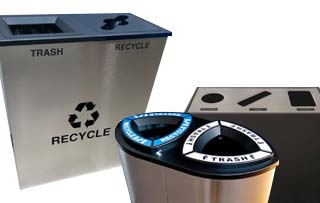









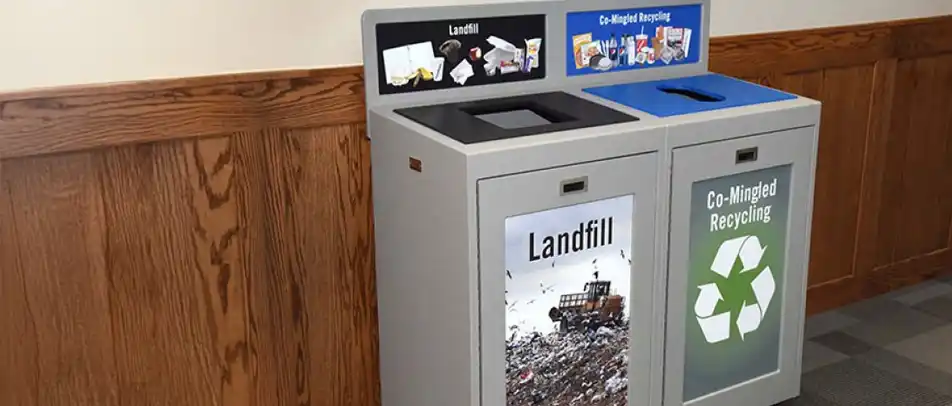










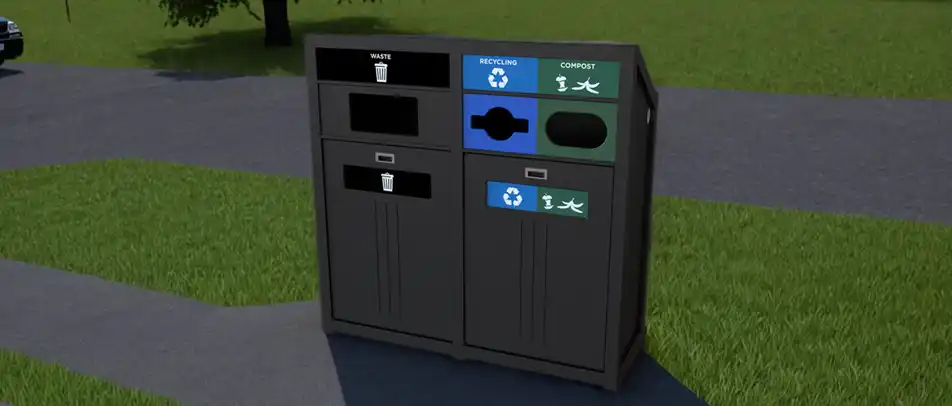












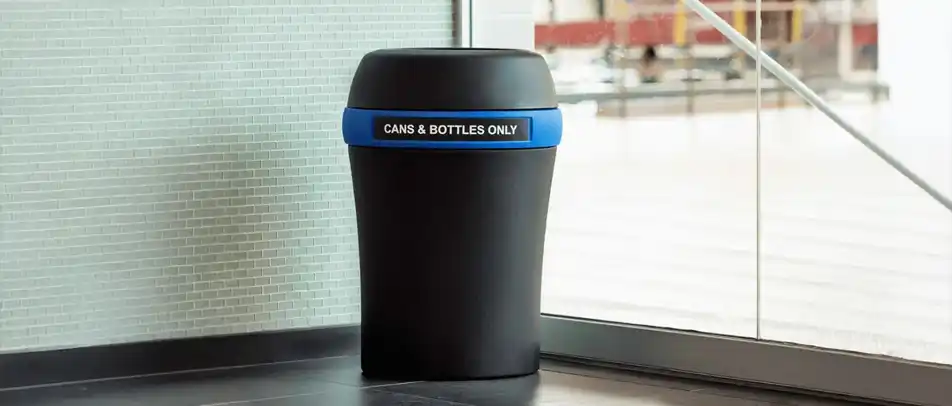









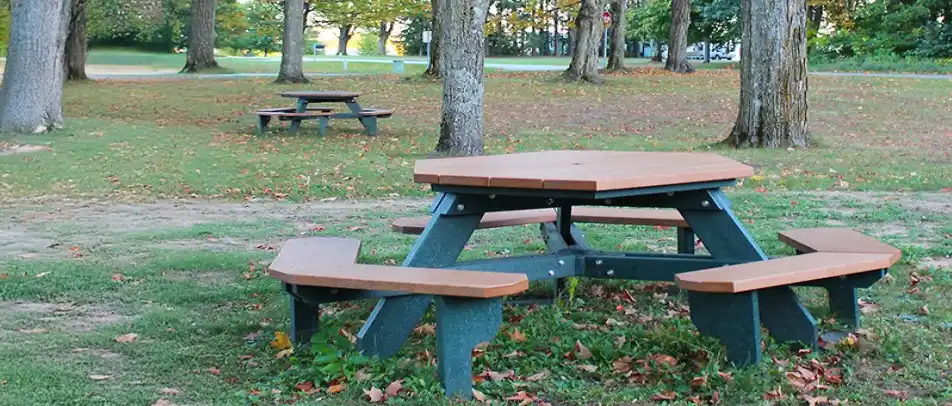



























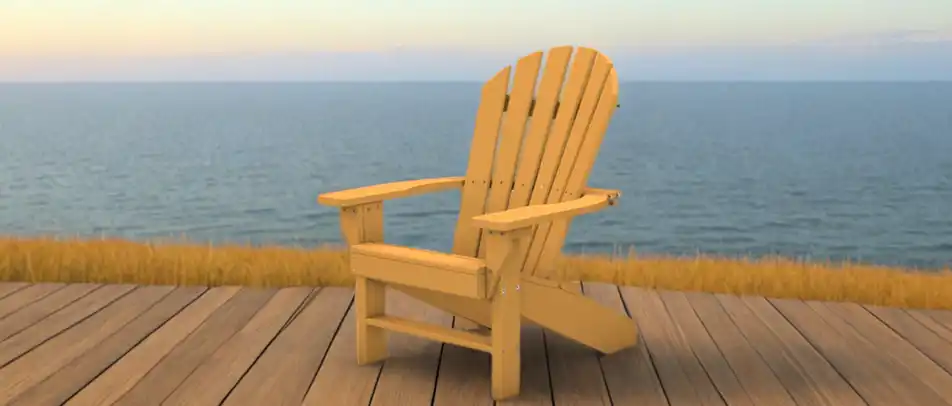




 Three Ways to Engage Teams and Clients to Maximize Your Recycling Program Engagement
Three Ways to Engage Teams and Clients to Maximize Your Recycling Program Engagement  How to Integrate Accessibility Into Your Sustainability Planning
How to Integrate Accessibility Into Your Sustainability Planning  Why Park Benches Can Promote Workplace Well-Being
Why Park Benches Can Promote Workplace Well-Being 
